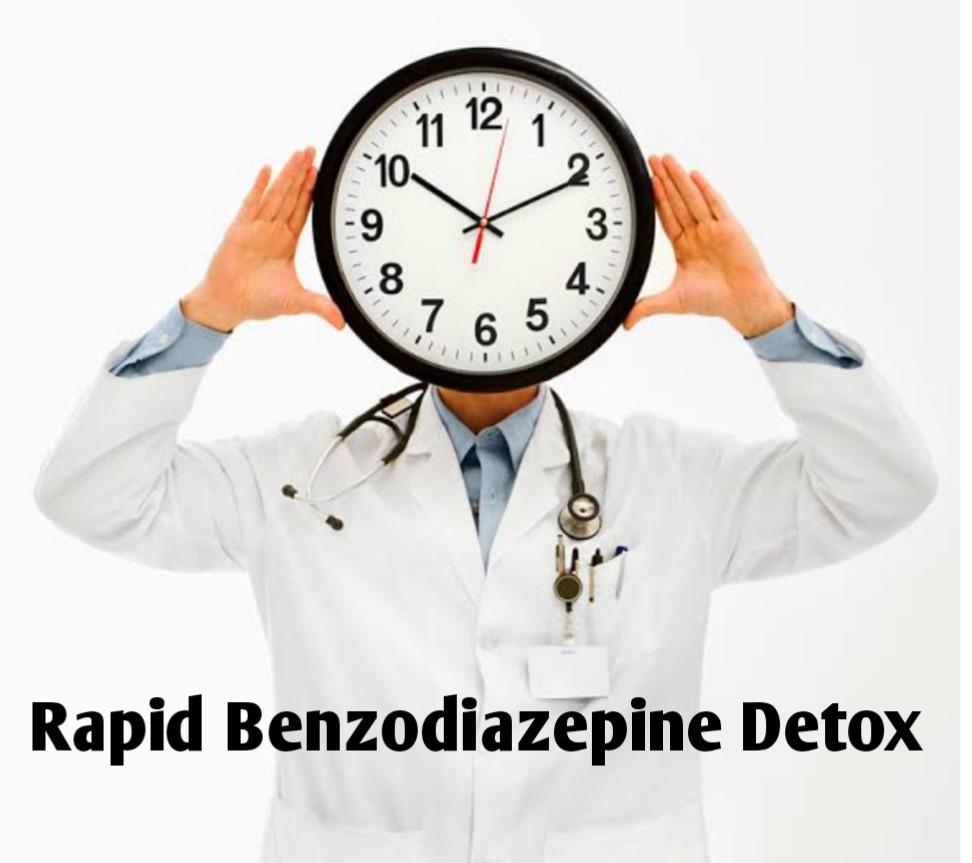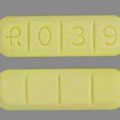About one-third of individuals who take benzos for six months or more will experience health problems, including seizures, when they try to quit. Benzodiazepine addiction treatment (Ativan, Ambien, Klonopin, Xanax, Valium) begins with medical detox. Benzodiazepines belong to the prescription sedative class of drugs. Although benzodiazepines have a calming effect, they are highly addictive, and a person who abuses them faces a host of symptoms. Some of the physical, psychological, and behavioral symptoms
Dependence Withdrawal Detoxification
Rapid detox programs last around 6-8 days whereas traditional detox programs can take over 90 days to complete. Many patients who have completed multiple detox programs over the years report that the rapid detox program felt manageable compared to the withdrawal period they had felt from previous detox attempts.
Benzodiazepine withdrawal symptoms can last up to 90 days and should always be done under medical supervision. Fortunately, doctors have come up with a few different methods for lowering dependence on benzodiazepines. Keeping patients’ comfort in mind, many of these methods are intended to make the withdrawal symptoms as manageable as possible.
What Is Benzodiazepine Dependence?
Benzodiazepines work with neurotransmitters in your brain that naturally produce a relaxing or calming effect to help reduce the over-firing of nerve cells. When this over-firing occurs, it can cause you to feel nervous or anxious. Although the human body can naturally produce this type of neurotransmitter on its own, benzodiazepines help make this effect stronger than your brain can alone.
Like many other types of addictive substances, the effectiveness of benzodiazepines can decrease over time. While benzodiazepine increase the effect of the body’s naturally produced neurotransmitters, the body will respond to this increase by producing less of this natural neurotransmitter. This means a higher dose is required for the user to experience the same effects as they did on their first dose.
According to the Diagnostic and Statistical Manual of Mental Disorders, benzodiazepine dependence or addiction are characterized by one of the following:
- Drug seeking behavior surrounding benzodiazepines
- Continued use despite harmful effects
- Withdrawal symptoms
- Tolerance to benzodiazepines
What Are The Symptoms Of Benzodiazepine Withdrawal?
Benzodiazepine withdrawal occurs when your body craves more of that neurotransmitter that is triggered by a dose of benzodiazepines. Especially when considering patients who have been taking benzodiazepines for an extended period of time, tolerance to the drug can build up over a short period of time causing the user to take larger doses each time. Even with a slow and gradual reduction in dose, benzodiazepine withdrawal can have potentially lethal effects on the human body.
Benzodiazepine withdrawal symptoms can include:
- Confusion
- Memory issues
- Headaches
- Nausea
- Weight loss
- Muscle weakness and/or pain
- Insomnia
- Increased anxiety and depression
- Suicidal thoughts
- Hallucinations
- Seizures
- Psychosis
Seizures and suicidal thoughts turned actions are the most common cause of death associated with benzodiazepine withdrawal. It is very important that an individual suffering from benzodiazepine addiction does not try to quit ‘cold turkey.’ It is always recommended to detox rehab setting or under the supervised care of a physician.
What Is Rapid Benzodiazepine Detoxification?
Withdrawal symptoms from benzodiazepine addiction can be severe and sometimes life-threatening. The severity of this type of withdrawal can make benzodiazepine addiction difficult to recover from. The battle is not just mental, as the physical symptoms can make it unbearable. It is not uncommon for an individual to choose not to complete a detox program due to the intensity of their withdrawal symptoms.
How Rapid Benzodiazepine Detoxification Works
In an attempt to make benzodiazepine detox more bearable, doctors came up with the ‘rapid detox’ method. This program is preferred over other methods of benzodiazepine detoxification due to its short completion time and relatively mild withdrawal symptoms. For most rapid detox programs, 6-8 days is an average completion time.
Rapid benzodiazepine detoxification begins with a Flumazenil infusion given to the patient intravenously. Flumazenil works by tightly bonding to the same neurotransmitters in the brain that bond with benzodiazepines. This bonding of Flumazenil helps to keep the chemistry of your neurotransmitters in a stable state, helping to reduce the effects of benzodiazepine withdrawal symptoms.
For the next 6-8 days following the Flumazenil infusion, the patient should experience little to no withdrawal symptoms. Exhaustion and drowsiness are typical side effects of the treatment, usually occurring around day 2-3. About half way through the program patients can expect to feel their energy start to come back and by day 7 or 8 their body will be rid of benzodiazepines.
Rapid benzodiazepine detoxification is structured to treat physical dependence on benzodiazepines through the use of Flumazenil. It is highly recommended that this is accompanied by the use of a counselor or therapist to assist in the treatment of the behavioral or mental dependence on benzodiazepines. Many detox facilities and rehab centers have therapists that will work with a rapid detox program to ensure well-rounded treatment for their patients.
Is Rapid Benzodiazepine Detoxification Right For Me?
If you or a loved one could benefit from more information on rapid benzodiazepine detox programs call an addiction treatment specialists near you for assistance.





